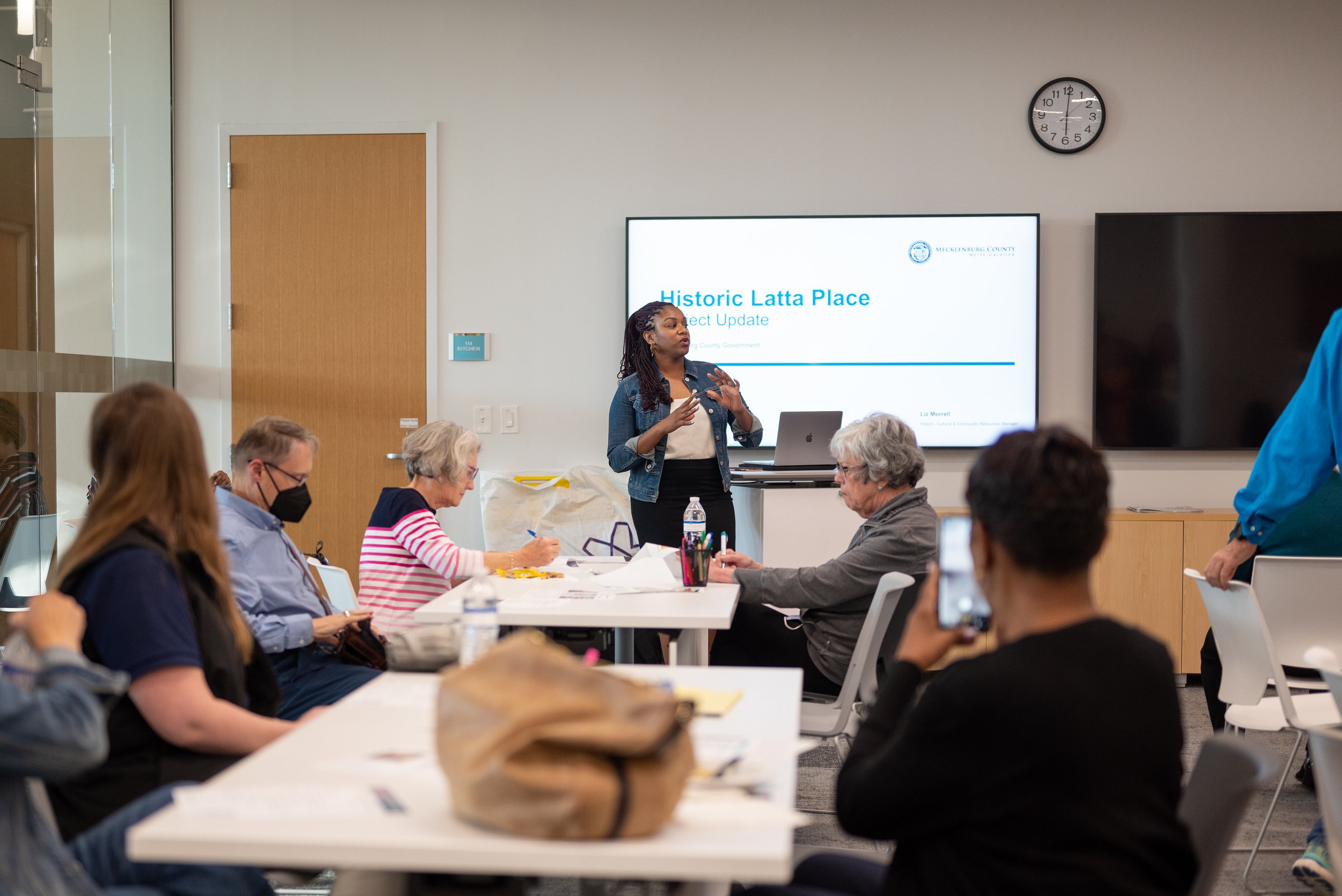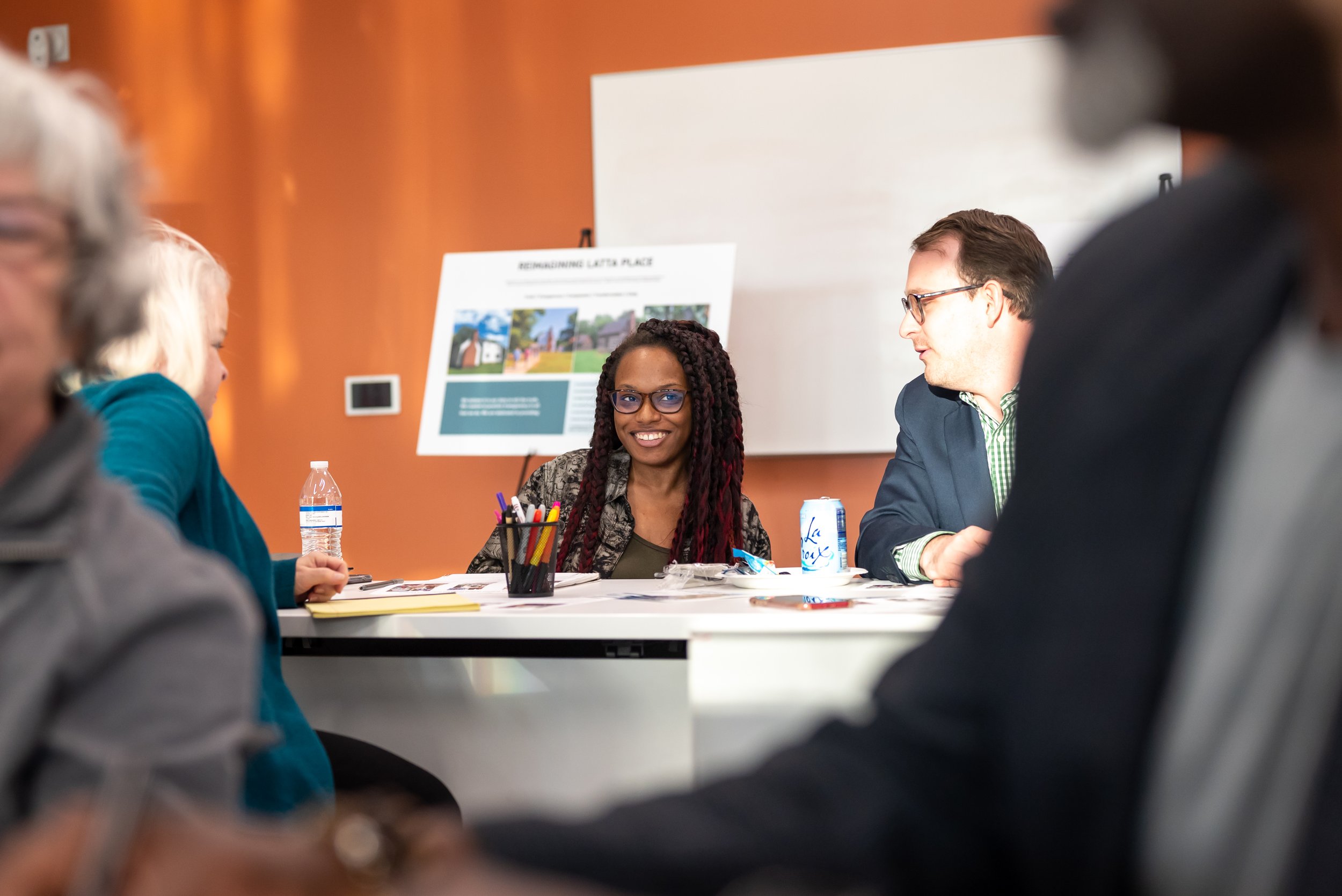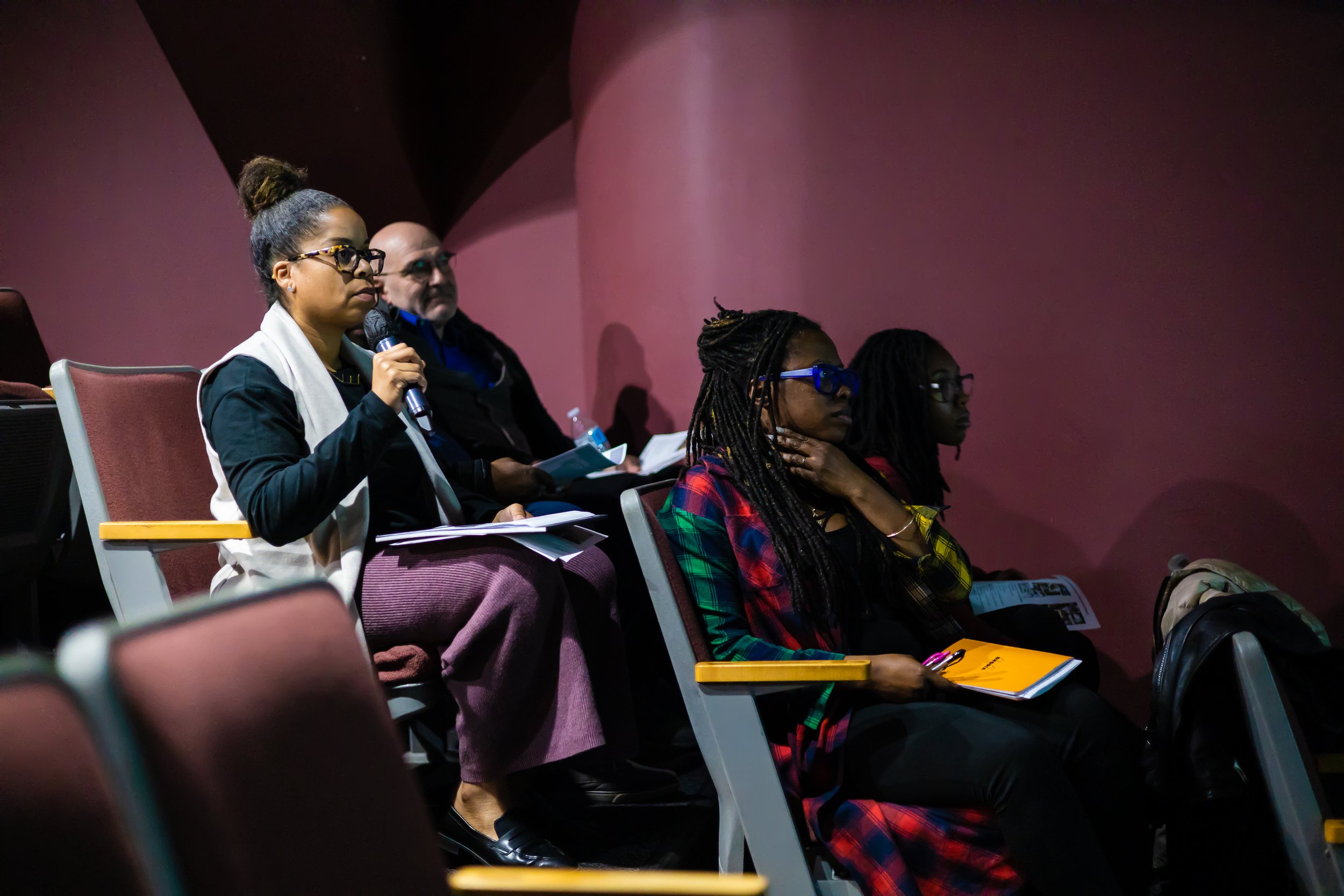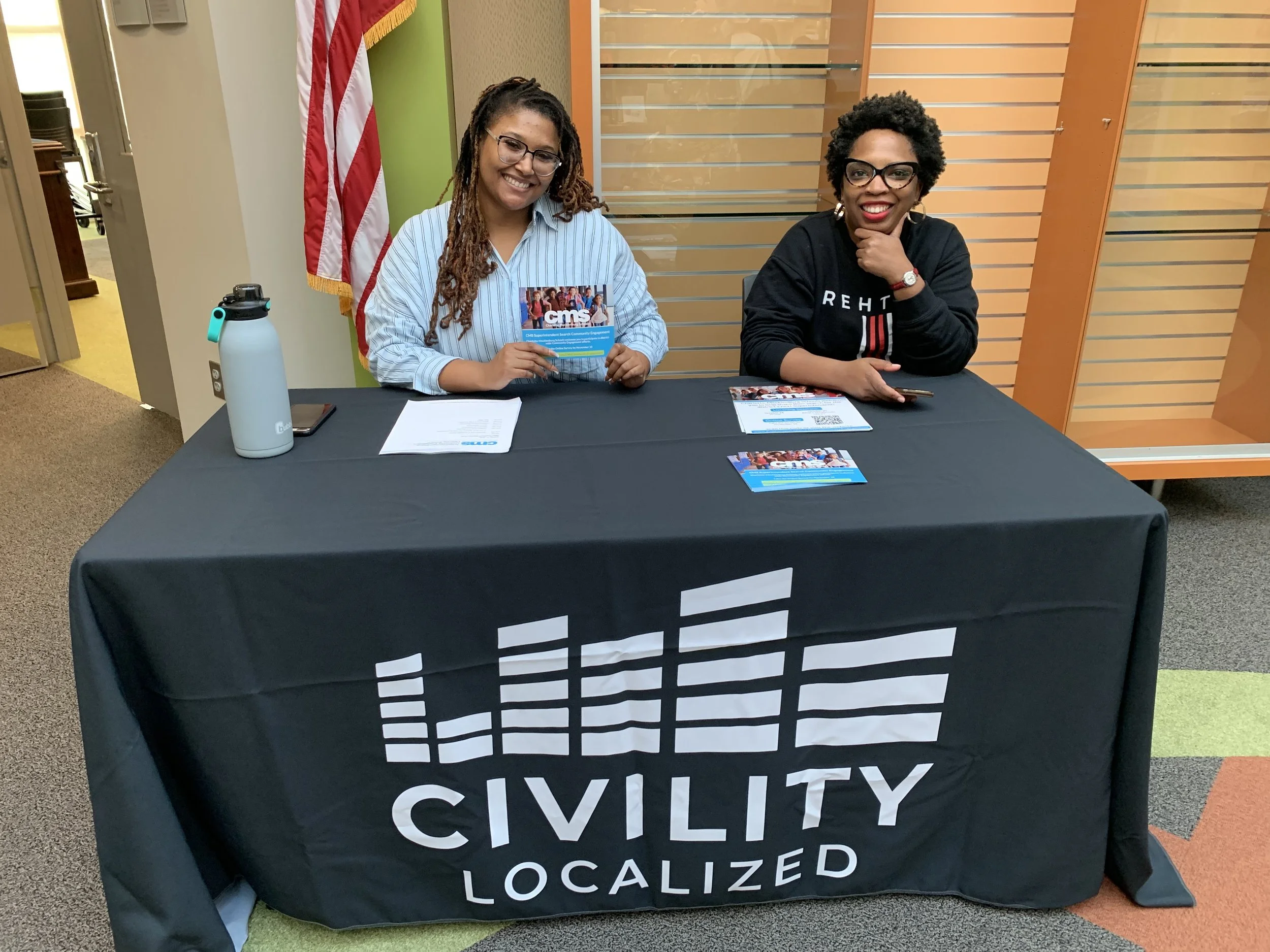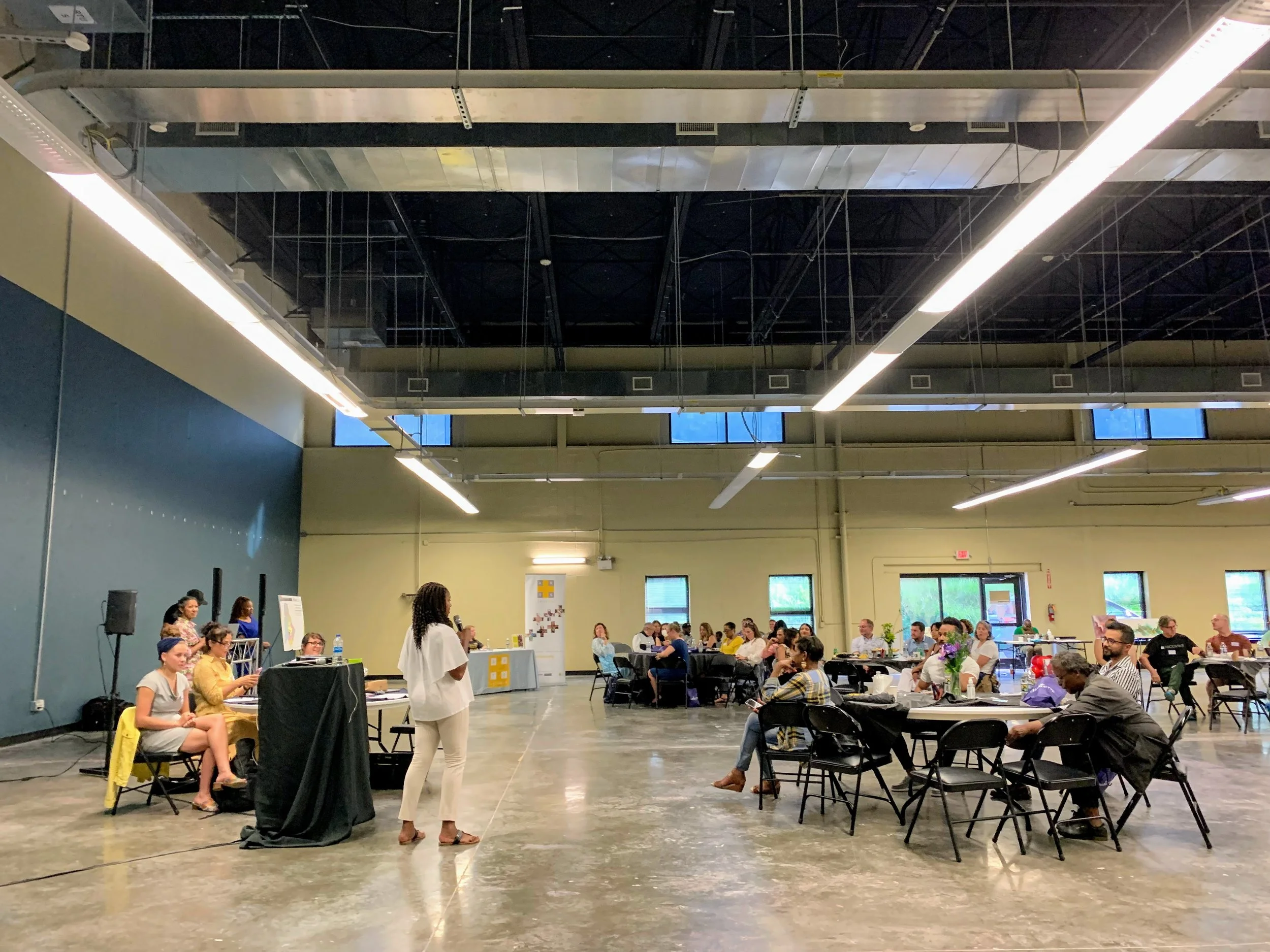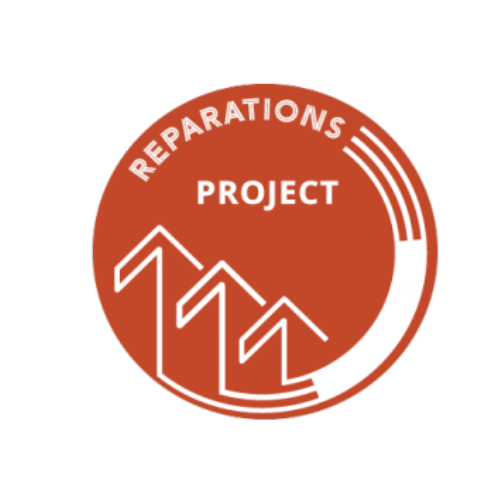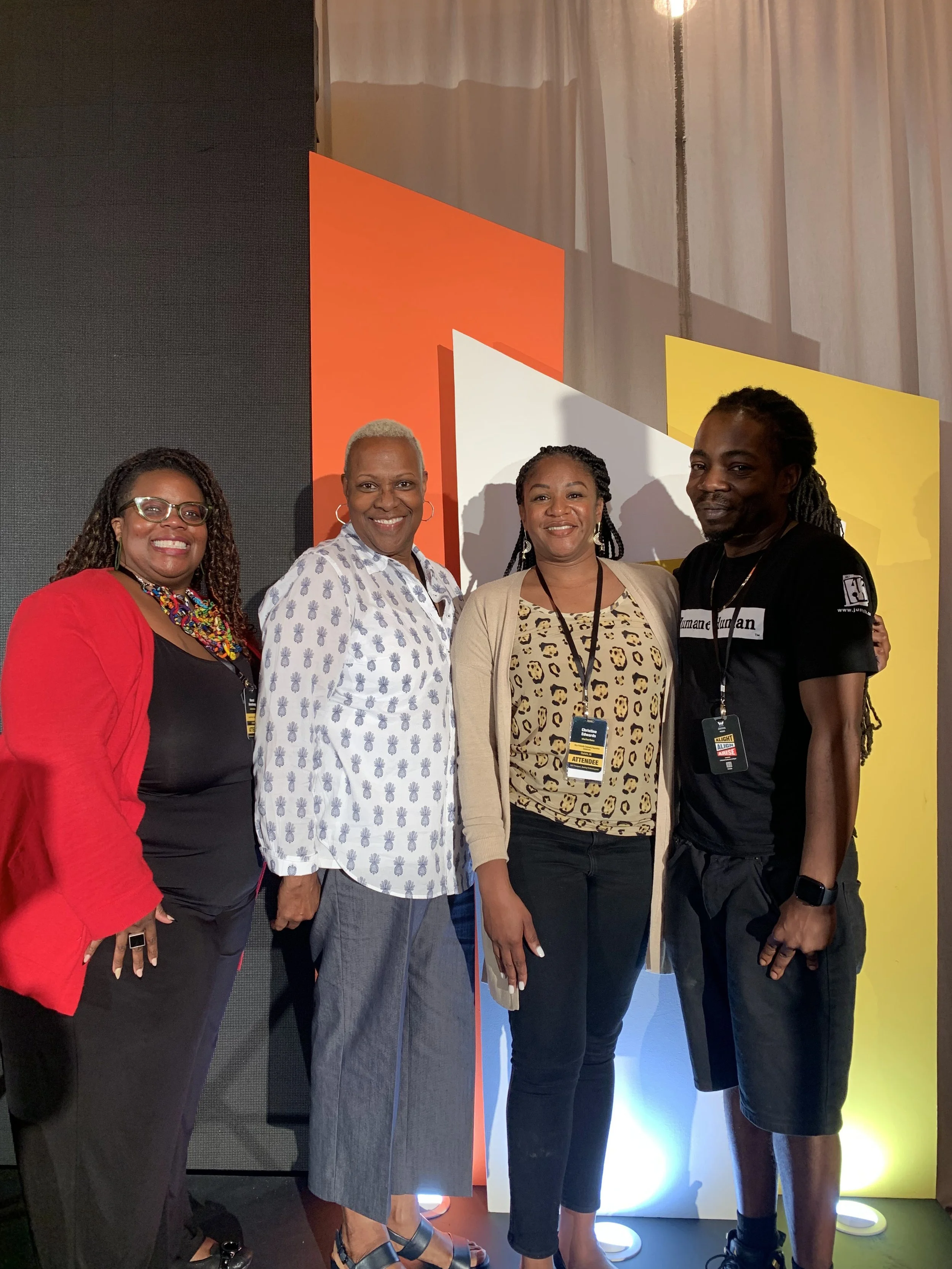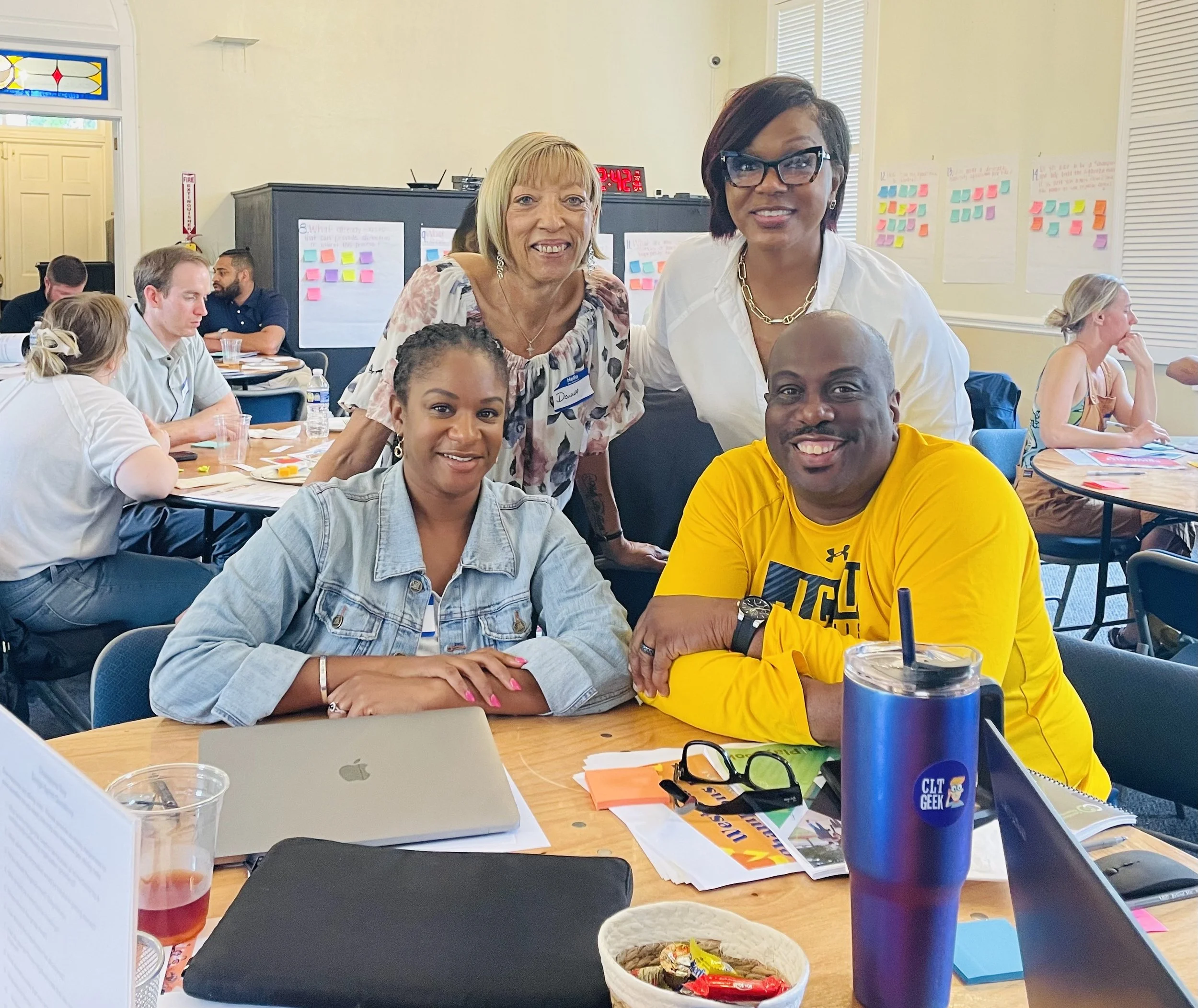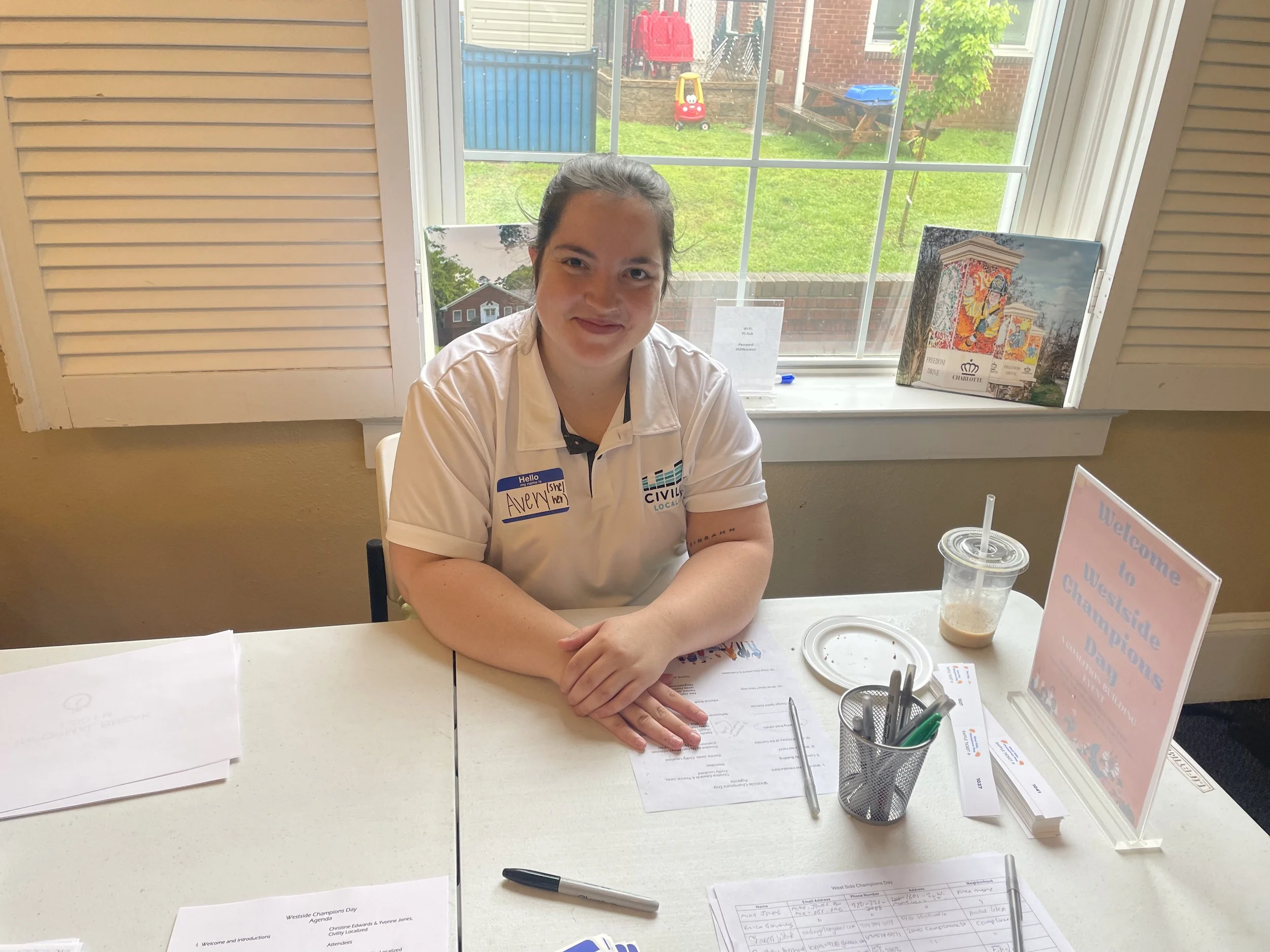On Reparations
A Historic Land Conveyance In Asheville, NC Speaks to the Urgency and Continued Need for Reparations In the United States.
What is Repair?
At the heart of the reparations movements in the United States is the pursuit of racial justice. It’s about recognizing the harm caused by policies and practices that have marginalized Black communities for generations. It’s about taking action. Reparations are not just symbolic gestures; they are tangible steps toward repairing broken systems and creating new pathways for opportunity.
Challenges To Public Reparations
Implementing reparations at the local level is one of the ways that cities, states, counties and towns can pool their resources to generate solutions to this national issue.
Political strength is essential. Building consensus in divided communities can be difficult. Legal and funding limitations also pose significant hurdles, as municipalities navigate complex financial and legal frameworks to establish reparations programs.
Logistical issues, like determining eligibility, developing distribution methods, and drawing physical boundaries, add layers of complexity.
Despite these challenges, communities nationwide are finding creative ways to move forward with reparations. By learning from each example, and sharing best practices, we can continue to build momentum for reparations efforts that promote justice.
Repair in Asheville, North Carolina
In Asheville, North Carolina, important steps have been taken to address past injustices inflicted on Black communities.
In 2020, the City of Asheville created the Community Reparations Commission to study the damage caused by past policies and find pathways to repair. The Reparations Commission has the authority to develop recommendations for actions to address and repair the harm caused by systemic racism in public institutions. This work is part of a larger national movement to address systemic racism.
Beyond the Reparations Commission in Asheville, other organizations are working toward reparations in Western North Carolina.
One such organization is the Reparations Stakeholders Authority of Asheville (RSAA). RSAA is guided by a restorative justice approach, emphasizing that Black citizens in the City of Asheville and Buncombe County should lead the creation of reparative solutions. Their mission is to ensure Black voices are at the heart of reparations work and that resources are distributed equitably to repair the harm caused by systemic racism.
Recently, RSAA received a historic conveyance of church property as a reparative act. This blog will explore the significance of this transfer, its connection to the national reparations movement, and how local communities can drive meaningful change.
What Does Repair Look Like?
Across the United States, diverse reparations initiatives have emerged to address historical and ongoing racial injustices.
Recognizing the unique histories and needs of different communities, these initiatives take various forms beyond direct cash payments. Many focus on rectifying disparities in educational opportunities through the establishment of dedicated programs, scholarships, and increased funding for Black students to access higher education.
Economic development is another key area, with cities and organizations investing in Black communities through grants, support for Black-owned businesses, and programs aimed at fostering financial stability and wealth building in historically marginalized neighborhoods.
The critical aspect of land redistribution and restoration is being addressed through initiatives that seek to return land to the descendants of enslaved people or communities unjustly displaced by discriminatory policies, acknowledging the fundamental role of land ownership in building generational wealth and stability.
In one such development that aligns with the broader movement for reparations, the Presbytery of Western North Carolina (PWNC) in Asheville, North Carolina took a decisive step in January 2025. They unanimously voted to convey the former property of the West Asheville Presbytery Church, at no cost, to the Reparations Stakeholders Authority of Asheville.
You can read the press release with details of the conveyance here.
The 1.39-acre property, which includes a substantial building, carries historical weight. Part of it was once the site of Wilson's Chapel AME Church, a Black congregation that was forced to relocate in the 1920s due to discriminatory urban planning practices. During that relocation, there’s evidence to suggest it led to the forced abandonment of some graves. We’ll attempt to aggregate some of the news stories that covered the modern uncovering of this painful history here:
Digging deeper: Who was buried at a West Asheville lost cemetery?, Citizen Times, 2023
Remains at construction site were likely former slaves, parishioners of African-American church, AVL Watchdog, 2023
Community Honors Rediscovered Cemetary in West Asheville, 828 News Now, 2024
Tombstone Tales: Asheville’s lost cemetery refound, 828 News Now, 2025
This conveyance represents a tangible effort to address historical harm by providing RSAA with a significant asset. From here, it is up to RSAA, it’s board members, and the community to steward the land in ways they see fit for community repair. Some early indications see that space becoming a center for community engagement, healing, and empowerment for Black residents in Buncombe County.
This conveyance embodies the spirit of restorative justice through investment in a Black-led organization and directly acknowledges past injustices.
The Importance of Being Community Led
At Civility Localized, some of our core values align with the ethos of modern reparations movements. These intersect with our commitment to enhancing capacity for community engagement during public projects. We know community engagement is essential to creating meaningful, effective public projects of all kinds, and that includes reparations.
Real repair starts with listening to those who have experienced the harm. Community-led approaches ensure reparations are not simply top-down, but actually reflective of the needs, priorities, and goals of Black communities.
Successful public initiatives rely on town hall meetings, community surveys, and participatory planning processes that invite everyone to share their experiences and ideas.
One example of a public policy that can be used as a means to repair is Participatory Budgeting. In 2022, Civility Localized partnered with VettDeck, and Mecklenburg County to implement its Pilot Participatory Budgeting Program (also known as PB Meck).
Civility Localized designed and implemented a compensated Community Ambassador Program, built graphics and communications, and tracked progress and benchmarks with Mecklenburg County staff. All this to ensure that the community was engaged at every stage of the participatory process!
Through this pilot participatory budgeting initiative, Mecklenburg County allocated $3 million dollars in public budget funds to winning community-designed public improvement projects.
Strategies like the ones implemented through Participatory Budgeting build trust and foster transparency.
Similarly, it is imperative that Black voices be centered in decisions related to reparations initiatives. Without genuine engagement, reparations initiatives can fall short, and ultimately fail to address the root issues of racial inequality.
Why Now?
The next 5-10 years will be critical for the future of reparations. Collaboration across local, county, and state governments will play a vital role in scaling and sustaining these efforts. In today’s political climate, it is hard to tell how many obstacles will stand in the way of true equality. It has become especially important for policymakers to plan long-term strategies that protect reparations programs through political shifts and economic uncertainty.
Dedicated funding streams and mechanisms like Participatory Budgeting, where communities decide how reparations funds are spent, can ensure transparency and keep programs community-driven.
Public education and outreach are equally important for building broader support and breaking down misconceptions about reparations. Finding ways to correct historical transgressions and supporting initiatives working towards racial justice and repair is long overdue. The time for repair has always been right now.
What’s Next?
The RSAA property conveyance is just one local example of the potential that the broader reparations movement holds. We hope to shine a light on this instance of successful repair and encourage increased collaboration among local government and community organizations in the pursuit of racial justice.
When collective community voices insist that complicated histories be faced with an eye for repair, future generations are equipped with the roadmap needed to end active harm and repair past ones.
There is much left to be done. By working together, we can create a future that reflects our collective values of justice, equity, and inclusion. We invite you to be part of this journey—to listen, learn, and support the transformative work of community-led reparations initiatives.
Thanks for reading to the end.
If your government office is looking to increase capacity for community engagement on reparations projects, Civility Localized has specialized experience and context.
Reach out today.

